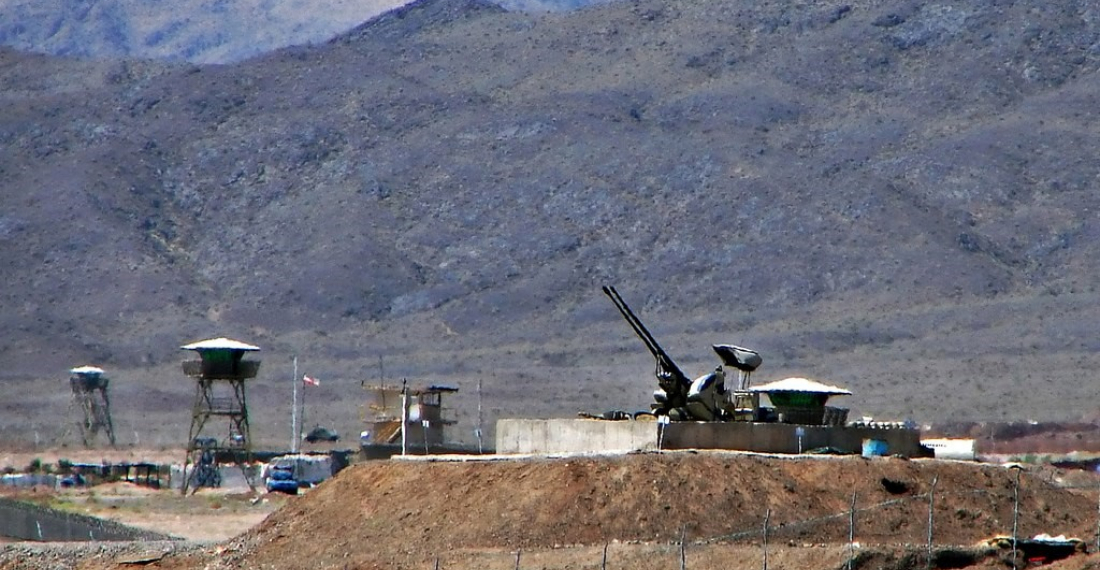Iran has announced that it will raise its nuclear enrichment level up to 60 percent. The move, according to President Hassan Rouhani is a response to "nuclear terrorism". On Sunday (11 April) the Iranian Fuel Enrichment Plant in Natanz was attacked with Iran pointing fingers at Tel Aviv. Rouhani described the attack as a plot to weaken his country's position during the ongoing nuclear negotiations in Vienna.
Iranian media quoted Abbas Araghchi, Iran's chief negotiator, saying that Iran had informed the International Atomic Energy Agency (IAEA) of the increase in enrichment to start from Wednesday (15 April). Iran says that it needs the high enrichment levels to produce special fuel for nuclear propulsion engines in its warships.
The Iranian President stressed the need for Washington to return to the nuclear deal and lift sanctions in practice. Meanwhile, Washington says Tehran needs to retreat from its steps. The White House said it is ready to continue negotiations despite the announcement by Tehran but has called the Joint Comprehensive Plan of Action (JCPOA) countries to unanimously reject the increased enrichment.
The announcement by Iran brings it a step further to the level of developing a nuclear weapon. Israel had repeatedly iterated that it would not allow Iran to own such a weapon that it deems as a threat to its national security. The United States said that it stood by Israel but remained committed to the Iran talks in Vienna that aim to restore a nuclear deal.






